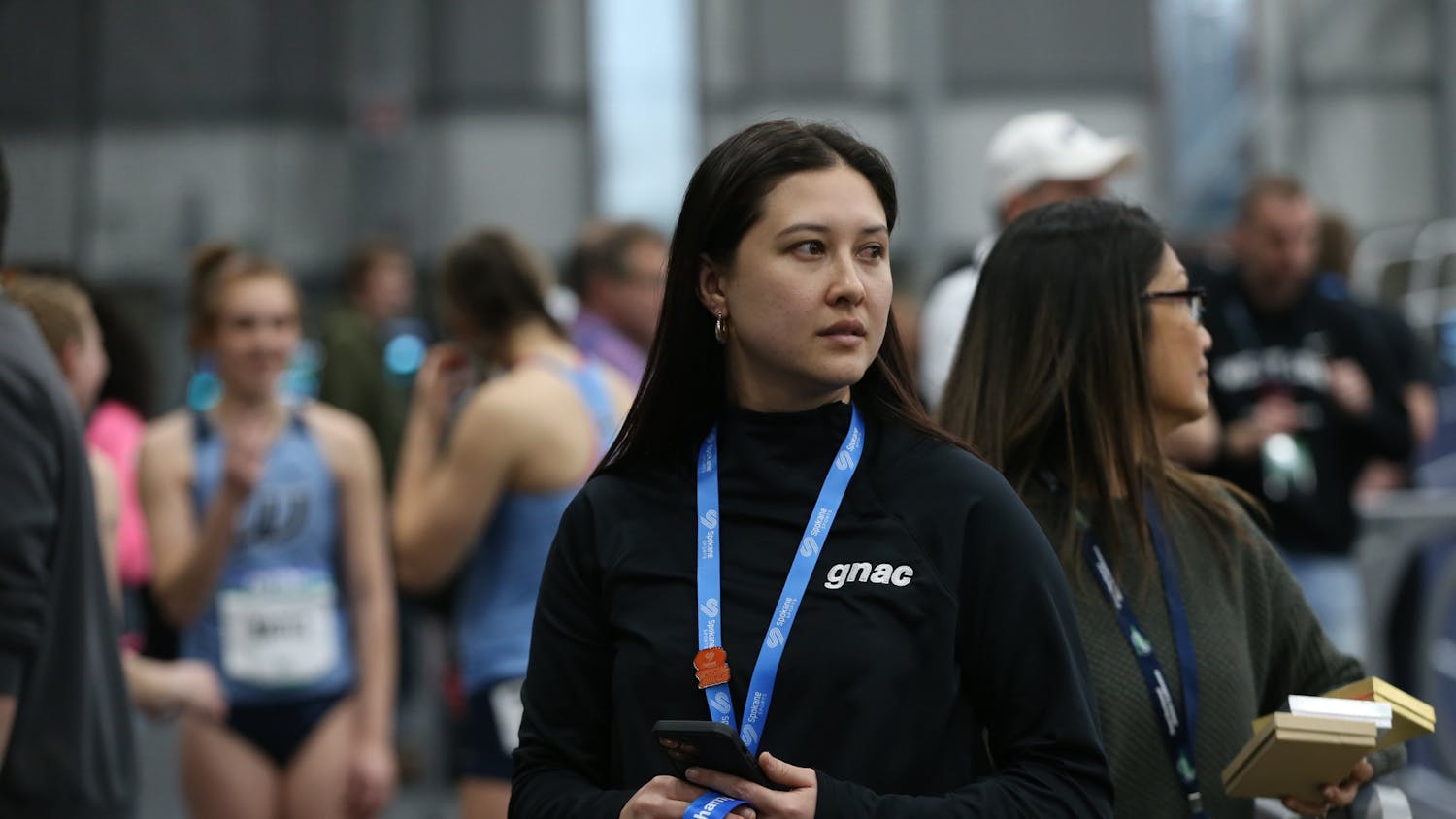By Rachael Buselmeier and Ray Garcia
In recent years, sexual assault on college campuses has become increasingly publicized. Students are especially susceptible during the first few months of school, and first-year students significantly more so.
The risk of sexual assaults occurring in college is higher between August and November. A 2007 study of campus sexual assault by the Journal of American College Health found that in these early months, first-year women are at a higher risk of experiencing an unwanted sexual experience than second-year women.
In comparison to other crimes, Rape, Abuse, and Incest National Network (RAINN) found that sexual violence is more prevalent at colleges than other crimes. About 23 percent of women, 5 percent of men, and 21 percent of transgender, genderqueer and non-conforming students experience sexual assault.
Western’s Consultation and Sexual Assault Support program provides confidential support for students who have experienced traumatic events such as attempted assault, sexual assault and domestic violence.
Michelle Langstraat, CASAS coordinator, said the program does keep week by week data on the number of students accessing services or sexual assault cases during specific time frame.
A majority of cases go unreported to law enforcement, which hinders the true nature of data on sexual violence.
According to a study by RAINN, 20 percent of female student survivors report sexual violence. Nine percent of student survivors cited they believed the police would not help as a reason for not reporting the assault, 12 percent believed it was not important enough to report and 20 percent had a fear of reprisal.
A survey on sexual assault and sexual misconduct by the Association of American Universities found that other reasons for not reporting incidents included embarrassment, finding it too emotionally difficult and thinking that nothing would be done about the issue.
Although the high rates of sexual assault on campuses nationwide have received media attention in recent years, it continues to be a problem.
Secretary of Education Betsy DeVos overturned Obama-era federal requirements for how sexual assault cases are handled in schools.
She rescinded the guidelines laid out in 2011 and 2014 “Dear Colleague Letters,” in which the Education Department under the Obama Administration reshaped federal requirements under Title IX.
One reform in policy DeVos has made regarding this issue comes down to raising requirements for evidence needed to convict a student on charges of sexual assault.
DeVos said this will allow colleges to protect accused students' rights.
"Schools must continue to confront these horrific crimes and behaviors head-on,” DeVos said in a press release. “There will be no more sweeping them under the rug. But the process also must be fair and impartial, giving everyone more confidence in its outcomes."
At Western, freshmen must complete Haven training, an online course that teaches students to recognize signs of potentially dangerous situations, the importance of consent, and resources and reporting options on campus.
Haven training meets a Title IX requirement implemented in 2014.
The Haven program is used widely across the country. In an interview with NPR, Rob Buelow, one of the developers of the program, said 600 campuses used Haven in 2015, double the number from the two years prior.
Freshman Miguel Gonzalez Ramirez said he gained new insight on what to do in potentially dangerous situations through Haven’s curriculum.
“Before the training I wasn’t so sure, but now I feel like I know how to approach it,” Gonzalez Ramirez said.
Although the training is a step in the right direction, an online delivery system might not be the most effective way to reach students.
John Foubert, a professor of higher education and student affairs at Oklahoma State University, said in an interview with Oklahoma State’s student newspaper The O’Colly, "At a very minimal level, every student needs to be trained on the issue of sexual violence because it's so pervasive in all universities. I think that it's not enough just to do a one-hour presentation."
If anyone needs confidential support, Western’s CASAS welcome walk-ins and appointments. They can be reached at 360-650-3700.





